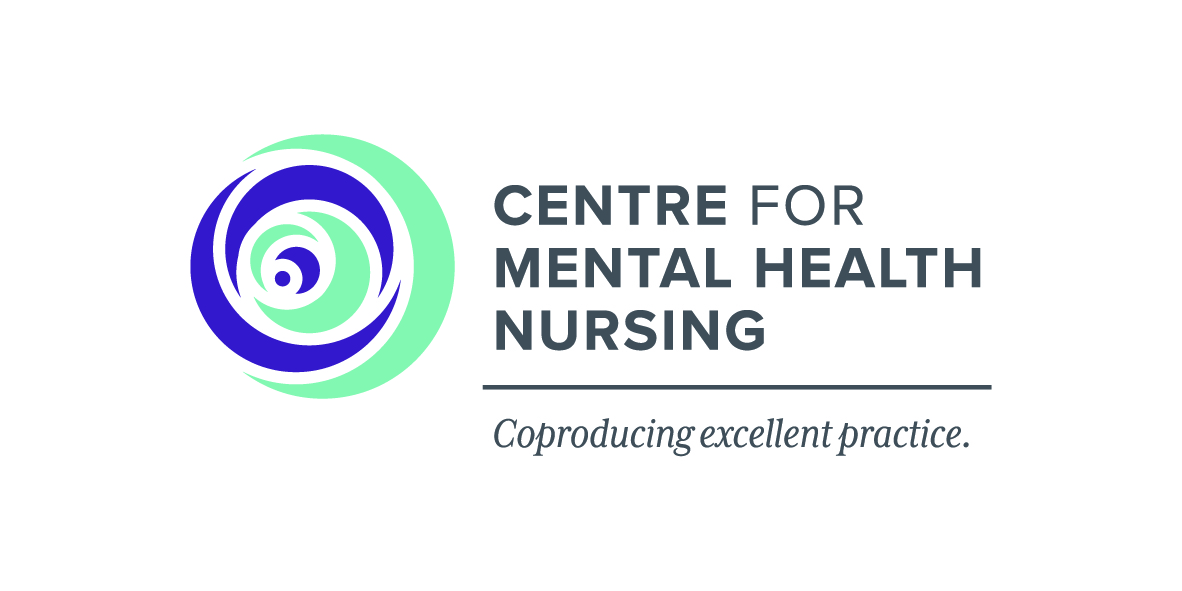The ACN Nursing & Health Expo is face-to-face again in 2024. The Chief Mental Health Nurse, Department of Health, Centre for Mental Health Nursing, and Centre for Mental Health Learning are working together to share information about mental health graduate nurse opportunities with potential new mental health nurses.
Below are some tips for applying for Graduate Mental Health Nurse Programs in Victoria. The information below is also available on a printable pdf here.
Tips for applying for graduate mental health nurse programs
Mental health nursing is a wonderfully rewarding career and graduate mental health nurse programs often provide significant learning opportunities and support to new graduates. Mental health graduate nurse programs will often provide you with credit towards postgraduate study, clinical supervision and preceptorship; sometimes they support conference attendance. Look around, approach nurses at the Expo, talk to current/recent mental health graduates and read the various graduate program descriptions on services’ websites.
Be sure to attend information nights. Services will often take attendance and check this against your application. Get your face known!
Do not be put off by the smaller number of graduate places in mental health nursing. The number of applications received is often in proportion to the number of positions available.
 Your written application
Your written application
Make sure you provide everything the service you are applying to requests, eg. a cover letter, resume/CV, referees, photo, appraisals, etc. If you are applying online submit scanned supporting documents, not photos of documents taken with your phone.
 Your CV / resume
Your CV / resume
Your resume should be no longer than three pages, and include your education history, employment history, volunteer work history and referees. Double check that your resume/CV includes everything that the service you are applying to has asked you to provide.
 Your cover letter
Your cover letter
Your cover letter should not be more than one page in length. Don't get caught out when applying to multiple services: double-check that the letter you're sending refers to the correct service! Be positive and be confident: don't write “I think I am…” or “I feel that I have …”. Say "I am" or "I have". This is your opportunity to write some great things about why you want to do mental health, why you want to work for that service, and what makes you right for the role.
Provide examples of work you have done, or things you have achieved that show what a great mental health nurse you will be. Mention your future career in mental health nursing, i.e. the area(s) you want to specialise in and why.
 Preparing for interviews
Preparing for interviews
Mental health graduate nurse applicants are usually interviewed individually by a panel of two or three people. The panel usually includes the graduate nurse coordinator, as well as other nurse educators, unit managers and carer or consumer consultants. Arrive early and dress professionally. Dress better than you would expect to in your day-to-day nursing work.
You should study and prepare for your interviews. Practice your interview responses. Be ready to answer questions and provide examples for the following:
- What interests you about mental health nursing?
- Why do you want to work at this service? How do you relate to this organisation’s values?
- What is your understanding/experience of recovery-oriented practice / supported decision-making?
- Discuss the processes around/components of an MSE / inpatient admission / risk assessment / compulsory treatment / restrictive interventions / Advance Statements
- Medication categories and side effects
- How do you look after yourself? How do you handle stressful situations?
Think of examples of your own practice, for example, during placements, where you:
- Practiced in a recovery-oriented manner, i.e. promoted autonomy and self- determination, responded to diversity, supported people with their social or educational goals. For more information on recovery-oriented practice see the CPN recovery library.
- Managed risk. Ensure you think about engagement, and not just observation, when it comes to risk management
- Engaged with carers, family, friends or nominated persons
- Worked with staff from other disciplines
Prepare and practice responses that highlight your strengths, your commitment and your ability to reflect on your interactions with people. Carefully consider the language you use. Language can give away a lot about your attitude to people with mental health challenges.
If you have previous experience in a field that would demonstrate a capacity for mental health nursing work (even if this experience was in a voluntary capacity) try to mention this in your interviews. For example, if you have worked in the disability sector.
Ways to stay informed about mental health nursing
- Sign up to the Centre for Mental Health Nursing’s email list by emailing cmhn-info@unimelb.edu.au
- Subscribe to the CMHL newsletter: https://cmhl.org.au/mailing-list
- Follow the Centre for Mental Health Nursing @CMHNunimelb on Twitter and Facebook
- Connect with the Centre for Mental Health Learning on Linkedin
- Come to the Victorian Collaborative Mental Health Nursing Conference in 2024
- Attend the ACN Nursing & Health Expo in April 2024
Area Mental Health Service graduate RN coordinator 2024 contact details below:
 Public Mental Health Graduate Registered Nurse Programs in 2023 (PDF)
Public Mental Health Graduate Registered Nurse Programs in 2023 (PDF)
